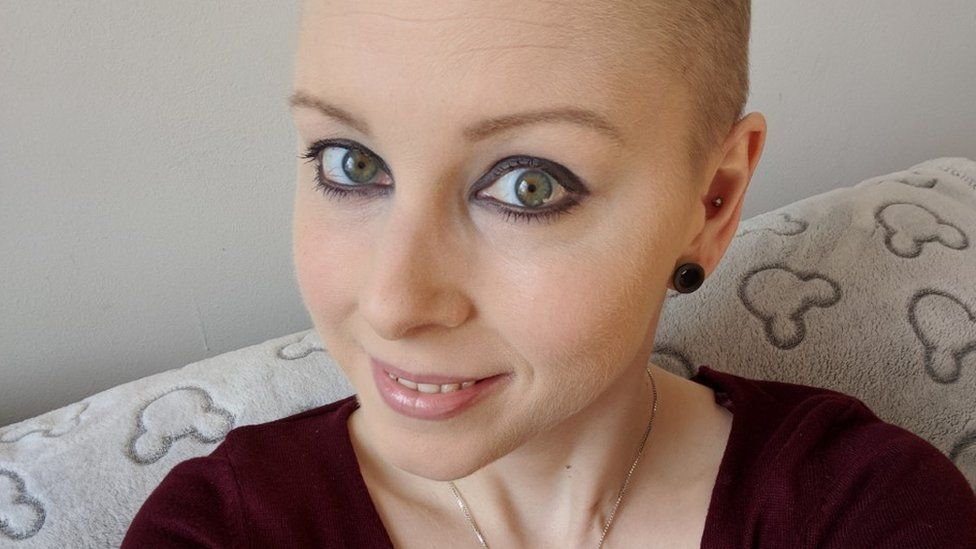ARTICLE AD BOX
 Image source, NHS England
Image source, NHS England
NHS nurse Lauren Sirey received the treatment as part of a trial
By Michelle Roberts
Digital health editor
NHS England has struck a commercial deal to offer a potentially life-saving drug to more patients with a very aggressive type of breast cancer.
Triple-negative tumours account for 15% of all breast-cancer cases but are harder to treat - often with poorer outcomes.
The drug, pembrolizumab, given alongside chemotherapy, can help shrink these cancers and stop them spreading.
It could spare some women needing the whole breast removed, experts say.
It is already used to give some women with incurable triple-negative breast cancer more months of life.
Now, the NHS will be able to offer it to women with earlier tumours too.
NHS nurse Lauren Sirey, 36, from Surrey, received the therapy - also known as Keytruda - a few years ago, in a clinical trial.
Image source, NHS England
Image caption,Lauren is now cancer free
Lauren said: "Four months before my partner and I were due to marry, I was diagnosed with triple-negative breast cancer, aged 31. I was offered the opportunity to participate in a clinical trial and am delighted to hear that this treatment has now been approved for use in the NHS.
"This treatment allowed me to make a full recovery and I'm now approaching my five-year all clear."
Triple-negative breast cancer affects about 8,000 women a year.
The cancer cells lack the receptors other breast-cancer drugs target.
Cancer cells use certain proteins to hide from the immune system, enabling them to grow and spread.
But Keytruda, delivered directly into the bloodstream every three to six weeks for about a year, blocks one of these proteins.
NHS England estimates up to 1,600 women a year could benefit from its "confidential" deal with manufacturer MSD.
Baroness Morgan, from Breast Cancer Now, said triple-negative breast cancer was more common in women under 40 and disproportionately affected black women.
Patients had faced the frightening reality of limited treatment options for too long, she said.
"This new treatment can potentially lead to any detectable cancer disappearing by the time of surgery, meaning patients will then possibly face less invasive, breast-conserving surgery," Lady Morgan said.
"Furthermore, by significantly reducing the likelihood of breast cancer recurring or spreading to other parts of the body where it becomes incurable secondary breast cancer, this treatment brings precious hope of more lives potentially being saved from this devastating disease."
The National Institute for Health and Care Excellence has approved it for use in England. Wales and Northern Ireland normally follow NICE decisions. Campaigners say the drug must also be urgently considered in Scotland too.
Related Internet Links
The BBC is not responsible for the content of external sites.

 2 years ago
25
2 years ago
25








 English (US) ·
English (US) ·